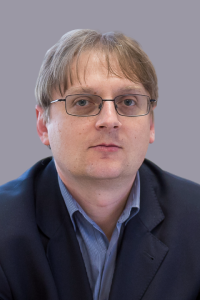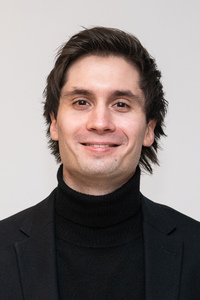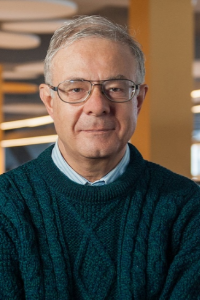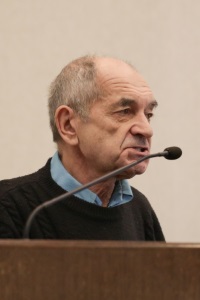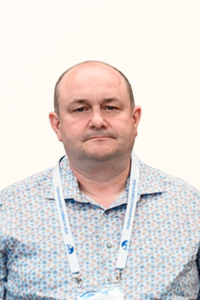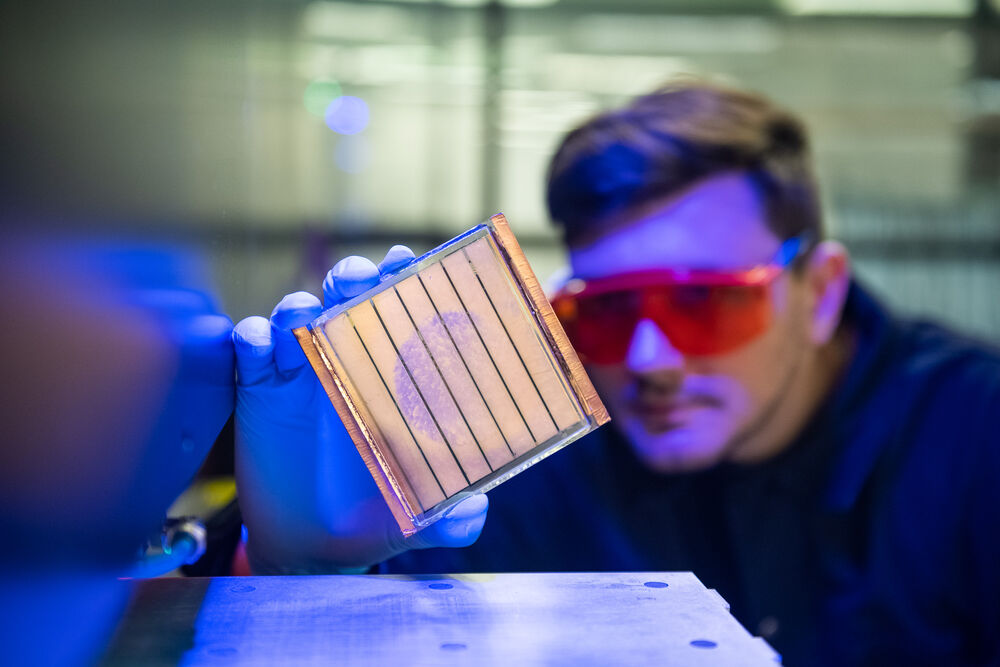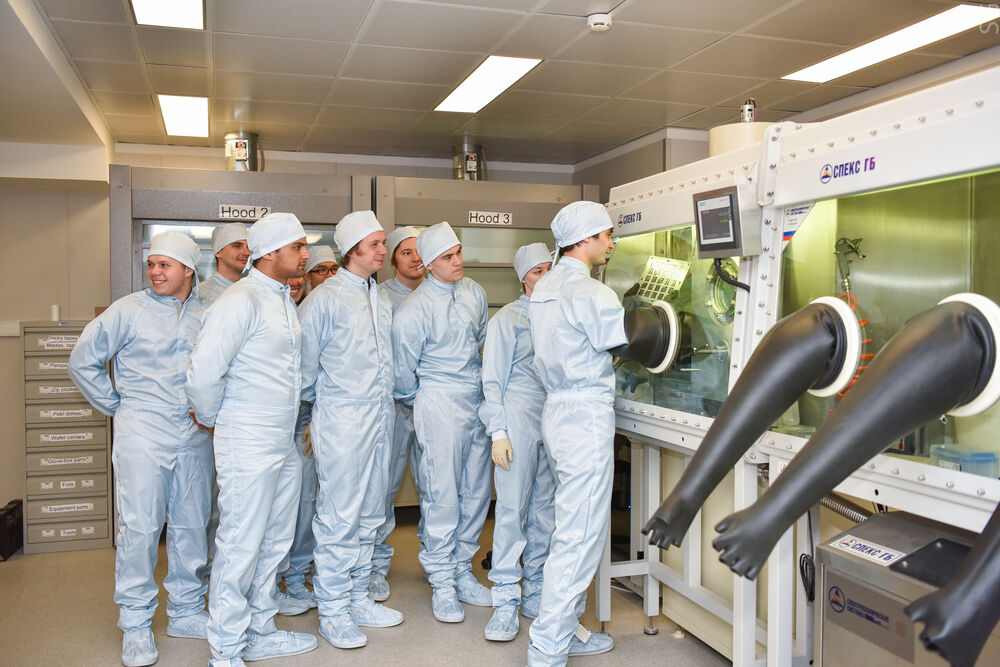Semiconductor Energy Converters
The Master’s program in Semiconductor Energy Converters produces specialists in the fields of development and production of components and materials for optoelectronics and nanophotonics. Students study semiconductor power converters, develop zero-energy technologies of houses, work on research in the field of space photovoltaics, create light-emitting diodes, solar panels, nuclear particle detectors, and provide new solutions for energy conversion. Graduates of the program become research scientists who can continue their studies in the PhD’s programs and build a career in science or get a job at leading Russian and international laboratories for business companies to work with innovative products in the energy industry.
The Master’s program is implemented in a multitrack format and includes two tracks: “Advanced Semiconductor Optoelectronic Devices”, “Semiconductor Electronics Based on Wide-bandgap Materials”.
